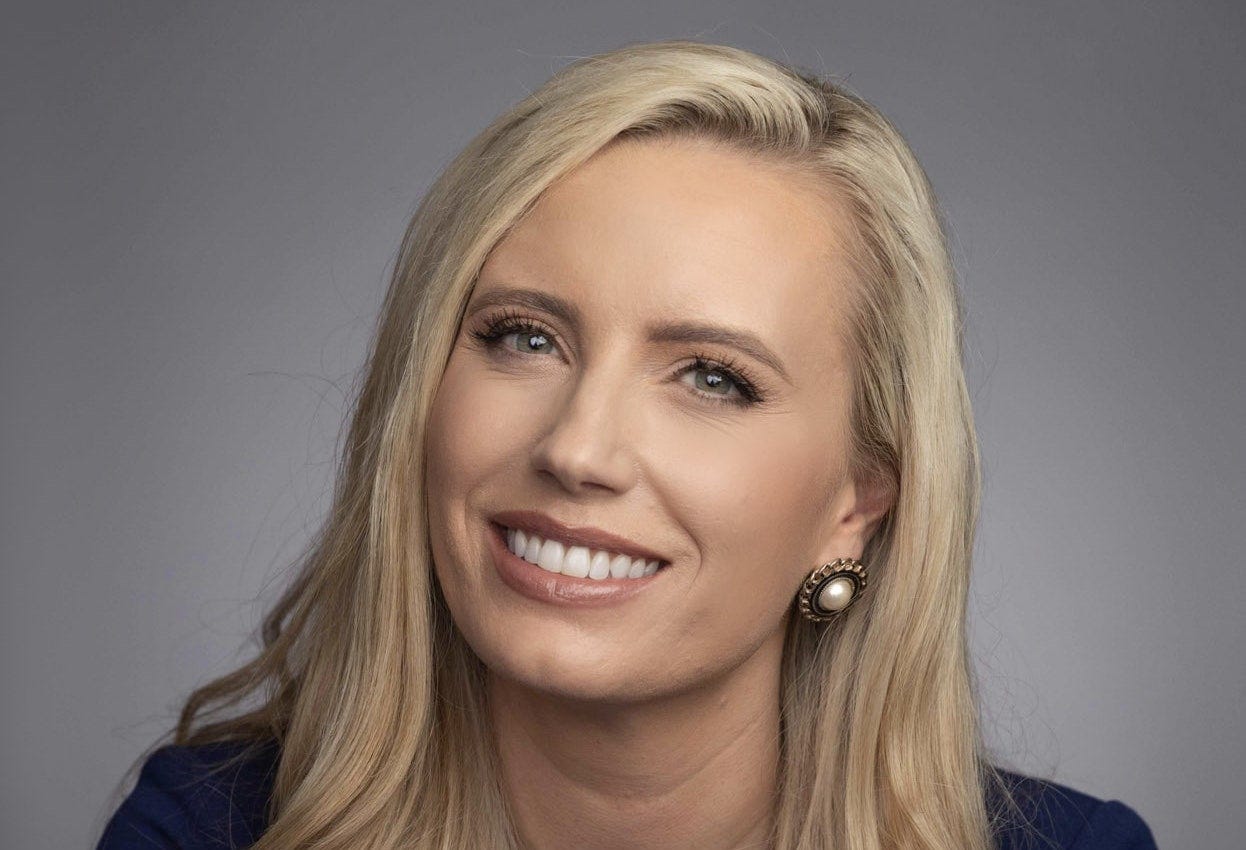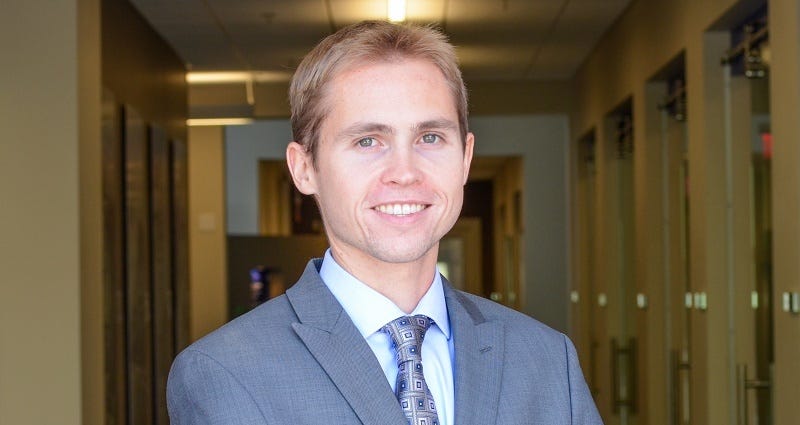5G FreeCons
Emerging leaders present the case for Freedom Conservatism
Among the more than 200 signatories to the Freedom Conservatism Statement of Principles are some of America’s best-known conservatives, including George Will of The Washington Post, Karl Rove of The Wall Street Journal, Russell Moore of Christianity Today, Ramesh Ponnuru of National Review, former Florida governor Jeb Bush, and Jonah Goldberg of The Dispatch and Los Angeles Times.
Other FreeCons represent a new generation of conservative journalism, scholarship, and activism. Today we spotlight several of these emerging leaders.
Soul of civility
A former university instructor, federal official, and Robert Novak Journalism Fellow at the Fund for American Studies, Alexandra O. Hudson publishes Civic Renaissance on Substack and writes for such publications as USA Today, The Bulwark, and Law & Liberty.
Hudson’s new book is The Soul of Civility: Timeless Principles to Heal Society and Ourselves. Earning praise from the likes of Tyler Cowen, Jonathan Haidt, and Francis Fukuyama, the book offers fresh interpretations of ancient wisdom about how we can “transcend our important differences and flourish amidst them.”
Hudson, one of the organizers of the FreeCon project, is also the producer of Storytelling and the Human Condition, a 12-lecture series for the Teaching Company.
Organic moral order
Another organizer of the FreeCon project is Jack Butler, the submissions editor at National Review Online. A graduate of Hillsdale College, he is a media fellow at the Institute for Human Ecology and also received a Novak Journalism Fellowship.
In a recent column, Butler explained why his fellow Christians should embrace Freedom Conservatism. Its stated principles, he wrote, are “not merely compatible with but also conducive to a vibrant role for Christianity in the public square, consistent with our Founding principles.”
While some critics fault FreeCons for omitting a specific reference to God, Butler argued the statement “draws from the Christian tradition” while advancing arguments for free enterprise, limited government, and a robust civil society that are “capable of drawing allies from other faiths or of no faith at all.”
Pillars of liberty
Matt Beienburg is the director of education policy at the Goldwater Institute, where both president Victor Riches and executive vice president Christina Sandefur are original signatories of the FreeCon statement.
A former fiscal analyst for the Arizona state legislature, Beienburg penned a Town Hall column last week describing recent victories for school choice, civics education, and parental rights as examples of Freedom Conservatism in practice.
“In the wake of government-ordered school shutdowns, student mask mandates, curricular activism, and academic malpractice by America’s union-dominated education establishment,” Beienburg wrote, “a new birth of Freedom Conservatism has ignited previously unimaginable opportunity for students.”
Other coverage
Alex Salter, an economist at Texas Tech University, is the author of The Medieval Constitution of Liberty: Political Foundations of Liberalism in the West. Salter appeared earlier this month on the Hub podcast to discuss, among issues, why conservatives must embrace both liberty and virtue. “We want to be free because being free creates the greatest moral space to become good. And that’s, I think, how we properly square that circle.”
FreeCon Mark Miller, a senior attorney with the Pacific Legal Foundation, wrote an op-ed for The Dakota Scout and other newspapers about Calvin Coolidge’s observation that “property rights and personal rights are the same thing.” Miller observed that “stable property ownership is a predicate for a stable society, but too many of our elected leaders have failed to appreciate what Coolidge knew.”



